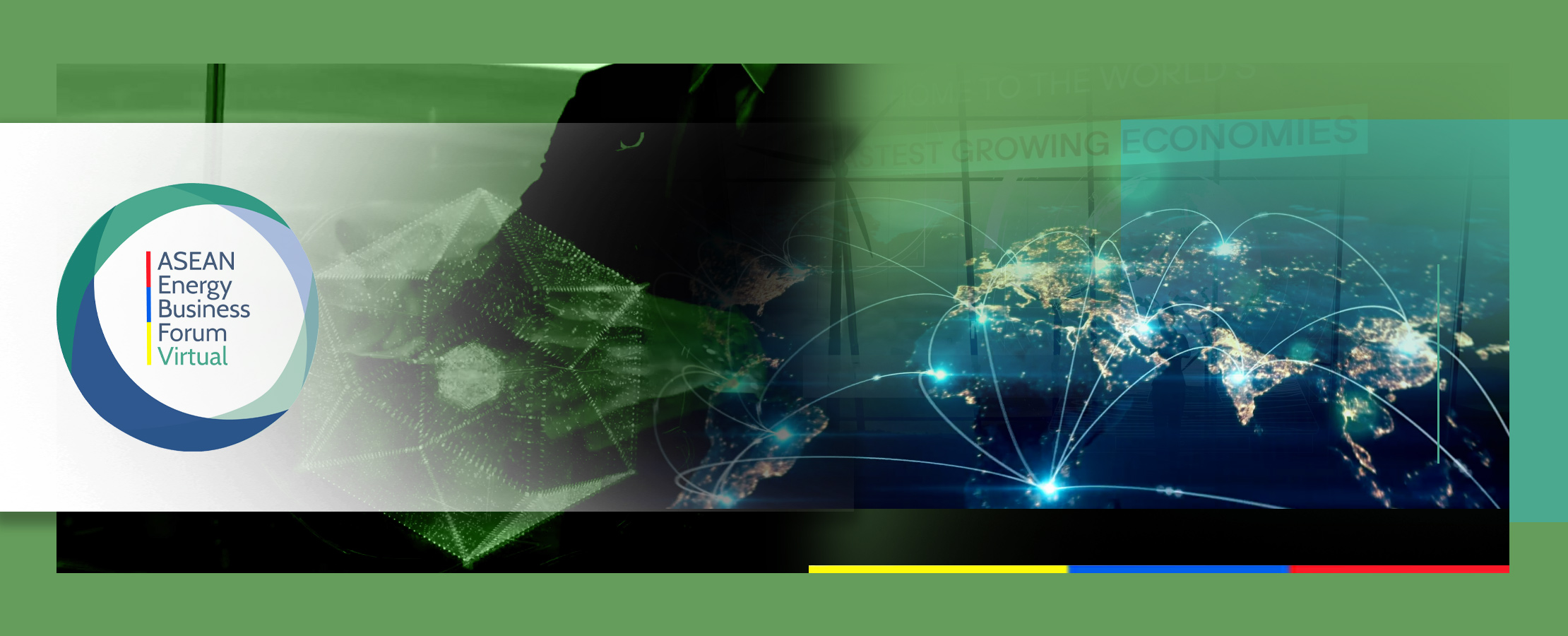ASEAN Virtual Energy Business Forum
Hanoi, Vietnam
Joseph McMonigle, IEF Secretary General, provided a keynote address at the ASEAN Energy Business Forum hosted by the Ministry of Industry and Trade (MOIT) in Hanoi, Vietnam on 19 November 2020. Mr McMonigle focused on energy transitions and spoke about the region’s future economic potential given its influential role as an energy consumer.
ASEAN is projected to be the world's fourth-largest energy consumer in the world by 2030, and the fourth-largest economy in the world by 2050. In the short-term, however, the exponential spread of COVID-19, and associated economic restrictions have shocked the global economy. While ongoing uncertainty remains the primary challenge, solutions will involve enhancing connectivity through energy market integration of renewables and clean energy technologies that can help reignite global economic growth, facilitate energy transitions, and share prosperity with future generations.
Mr McMonigle highlighted that the challenges the pandemic imposes on budgets and balance sheets heightens the importance of collaboration between producers and consumers in the ASEAN region. Specifically, there is a need for ASEAN economies to accelerate investment in greater cross-border gas infrastructure and electricity interconnections. These will enhance regional energy security and energy sector resilience while at the same time offer the market scale that is necessary to attract global strategic investors. He added that despite the elevated levels of uncertainty regarding natural gas investment and the commissioning delays the pandemic has caused, gas market fundamentals remain strong.
Asian growth economies' gas imports requirements will continue to rise as demand growth shifts to South Asia, and South East Asia. Here LNG demand can quadruple over the longer-term, with Thailand taking the lead as the biggest growth market. While the prospects for greater clean energy technology and renewable energy deployment in ASEAN nations look bright and promising, declining domestic oil and gas production, and growing demand will come with greater reliance on overseas imports.
To bridge this widening supply gap ASEAN economies are well positioned to reap the benefits of well-supplied LNG markets and growing energy trade volumes between Asia, the Middle East and North America through greater international engagement and investment in regasification, transport, and storage facilities. Together ASEAN markets can achieve more transparent and competitive price signals from the newly emerging benchmarks their collaboration offers. This will improve market stability and connections to affordable and modern energy services.
Mr McMonigle also emphasised strengthening collaboration between producers and consumers will help ASEAN energy market stakeholders seize the opportunities that affordable, readily accessible resources and technologies provide for a swift and sustainable economic recovery. The ASEAN region can maintain economic growth and accelerate energy transitions by leveraging the industrial prowess of the 70-energy producing and consuming nations that gather on the neutral IEF platform.







